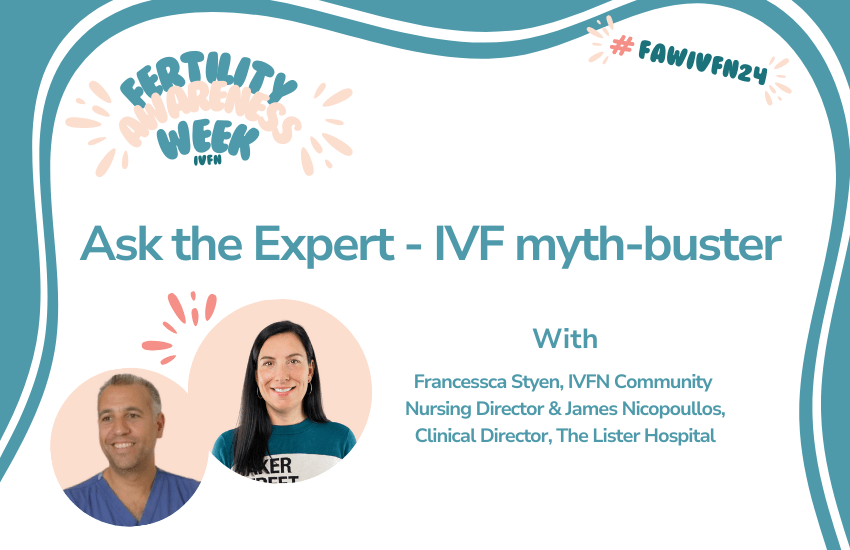When should you start to plan your fertility journey?

Join us to continue reading
This content is for premium members only, to read the full article log in to your account.
If you don’t have a premium membership yet, visit our Join us page.
Would you like your employer to pay for this?
For an obligation free chat to discuss how employer membership to The IFVN would work for your business, please contact us using this enquiry form.
Further reading
-
Female Perimenopause and Fertility Treatment: What you need to know

-
Female Understanding Miscarriage: What it means for your fertility journey
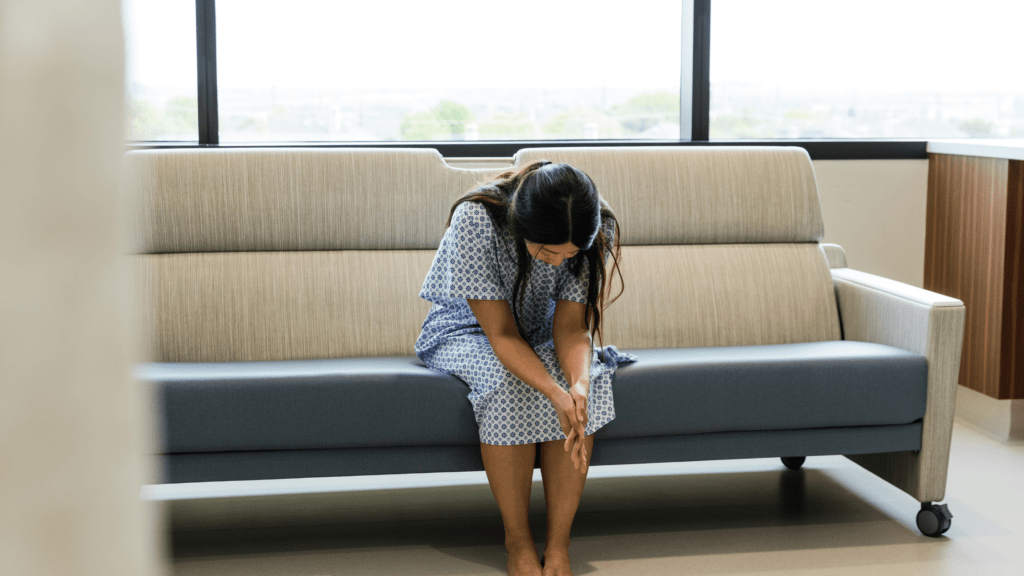
-
Previous event Safe Space: How to manage PCOS at work
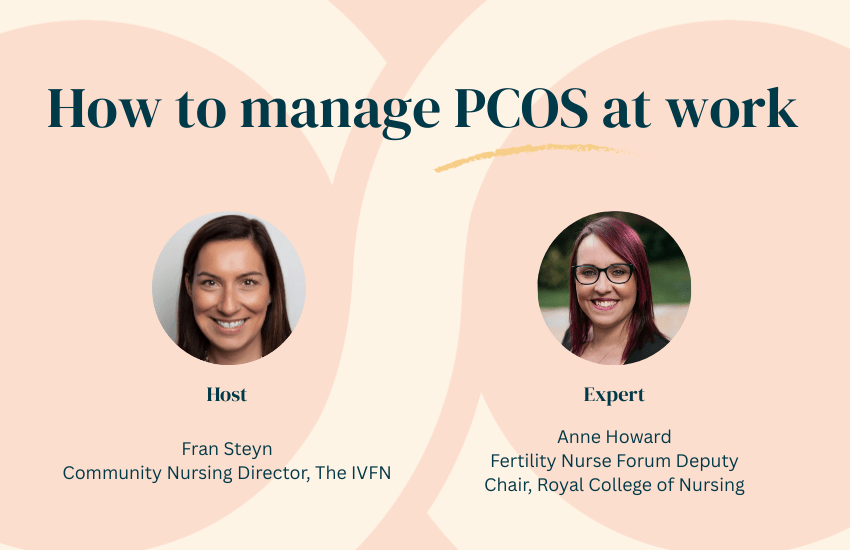
-
Female Understanding PCOS: September is PCOS Awareness Month
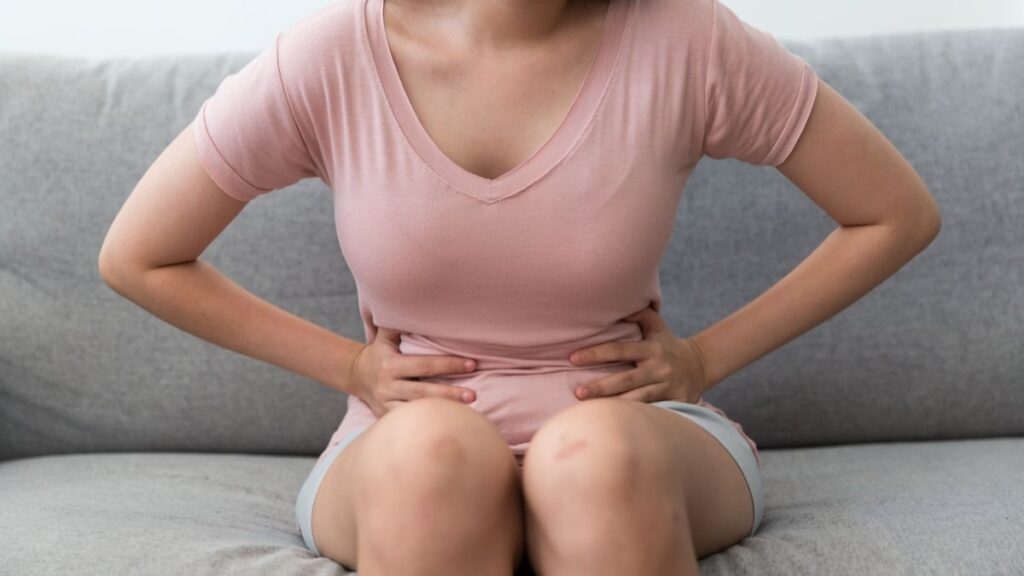
-
International Surrogacy
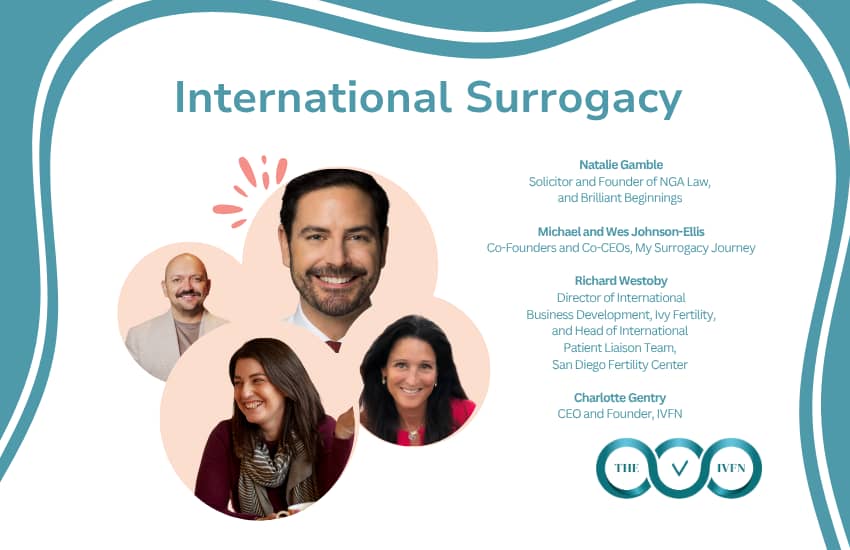
-
Female Reproductive immunology – the role of the immune system in fertility treatment
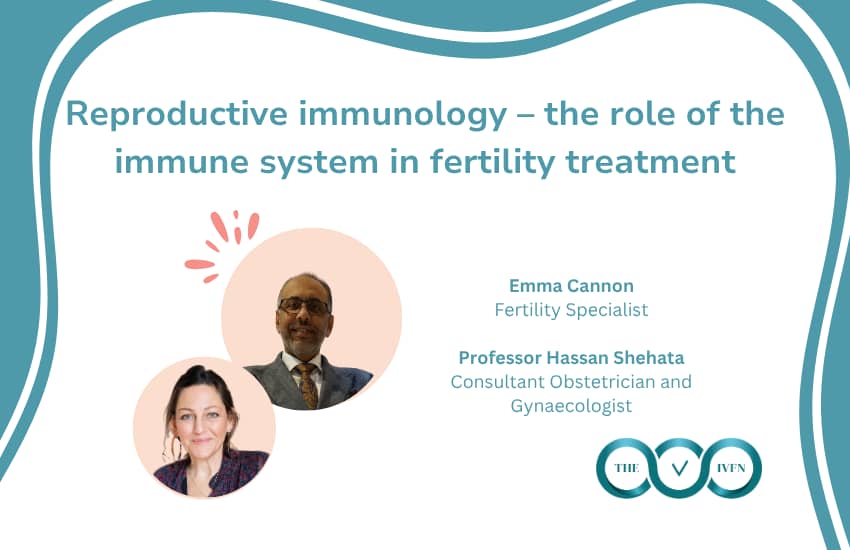
-
IVF IVF myth-buster
